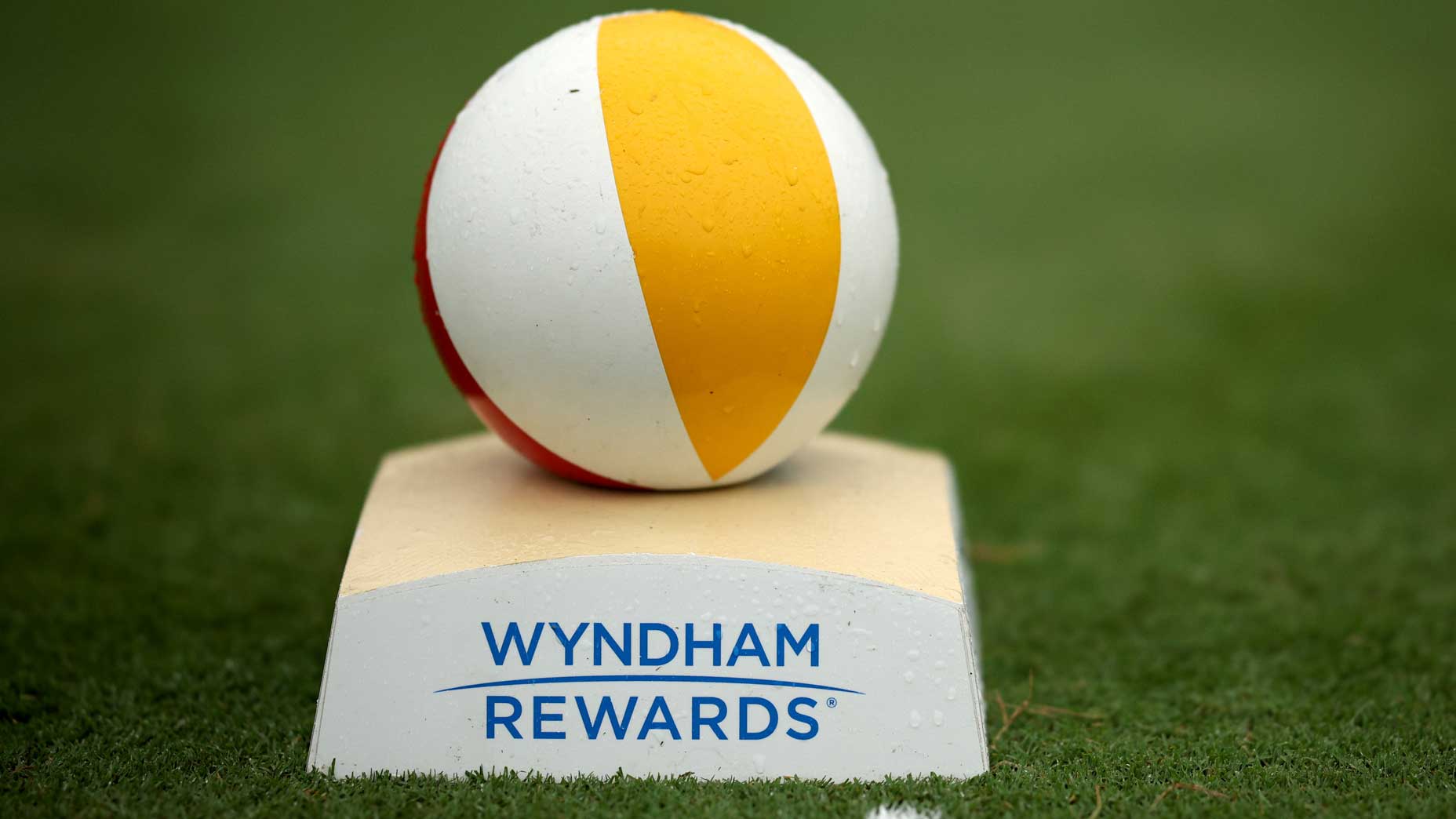AUGUSTA, Ga. — Rory McIlroy is going to storm back on Sunday to win this Masters. He has to. How much heartbreak can one man take? For three rounds he has played the most pressure-proof, calculating golf of his star-crossed Masters career, and yet he hasn’t been able to keep pace with his new nemesis Patrick Reed, a golfer who, on paper at least, possesses far less firepower. But on Sunday, McIlroy will reel in Reed and claim the green jacket that is his birthright. He must. The aughts began with McIlroy’s anguishing Sunday meltdown; it is unfathomable that they would draw to a close with him oh-for-Augusta. Rory turns 30 a month after next year’s Masters. Time marches on for the onetime boy king. He has the perfect game for August National…but so did Greg Norman, Ernie Els and Johnny Miller, who were dealt nothing but devastating defeats.
“Well, the Masters does funny things to people,” Miller, three times a runner-up, said in an interview. “Some guys get Augusta fever. I know I did. It’s such a sweet tournament, the course is so thrilling, the setting just reeks of golf history; once you get a taste of being in contention it can drive you nuts. It doesn’t allow you to play your normal, comfortable game, because you want it too much.”
“I did put quite a bit of pressure on myself there,” says Els, who had a half-dozen top-eight showings at the Masters, including a pair of seconds. “I always felt I was made for that course. It was to my detriment, unfortunately. It didn’t quite work out for me. Sometimes I wish I could’ve approached it a little differently, but it is what it is.”
Norman has a more metaphysical viewpoint.
“I do believe destiny plays a role,” he tells me. “Sometimes strange things happen that can’t be explained. Sometimes destiny is not on your side. At Augusta it always felt like I was the wrong guy in the wrong place at the wrong time. Larry Mize, I mean, I didn’t think he had a chance to even get that [ball] up and down, let alone chip it in. In ’86, I easily could have won, but what can you do about Jack shooting 29 on the back nine?” (Nicklaus actually closed in 30, and Norman could have forced a playoff with a par on the 72nd hole, but he airmailed the 18th green and made bogey. Still, you get the point.)

Miller, Norman and Els are not the only ghosts rattling around the pines, forever consigned to golf purgatory. Lee Trevino should have won a Masters. Tom Weiskopf too. And Davis Love III. And Padraig Harrington. And David Duval. But no course on earth dishes out serial disappointment and humiliation quite like Augusta National. McIlroy already has a star-crossed history here.
It began with his debut in 2009, when as a 19-year-old playing in his first major as a pro, he left a shot in the greenside bunker on his final hole of the second round. In a fit of pique he either did or did not kick the sand, which should or should not have been a two-stroke penalty. After McIlroy signed for a 73 that allowed him to make the cut on the number, a controversy erupted as to whether he should have been dinged for “testing” the condition of the sand. Smoothing a footprint is not considered testing the sand, but kicking it is. On the morning of the third round McIlroy was summoned to a meeting with Fred Ridley, then the chairman of the Masters competition committee, who four years later would give Tiger Woods a controversial pardon for a bad drop. McIlroy explained himself thusly: “I did a smoothing of the sand. … I might have done it a little vicious, a little vigorously, but that was my intent [to smooth the sand]. It wasn’t my intent to test the sand.”
Not exactly Judge Roy Bean, Ridley bought the explanation, saving McIlroy the ignominy of being disqualified for signing an incorrect scorecard. If you find yourself chatting with certain blue-blooded USGA types at a cocktail party, in a moment of candor they might opine that McIlroy’s explanation strained credulity and that by clinging to it, he forever invited the wrath of the golf gods.
In any event, the next year McIlroy shot a second-round 77 to miss the cut, and then in 2011 he famously took a four-stroke lead into Sunday, only to self-destruct with an 80 that was so wrenching he nearly wept on the 13th tee after hooking his drive into trouble. McIlroy now calls that meltdown the most important round of his career, because it gave him the resolve and know-how to win his first major championship two months later at the U.S. Open.
Three more major triumphs followed, but McIlroy has not yet made peace with Augusta National. In 2012 he was a stroke off the lead at the midway point, but on Saturday he double-bogeyed the 1st and 7th holes and toured the front nine in a ghastly 42 strokes. McIlroy was so punch-drunk, he was reduced to giggling on the course with his playing partner Sergio García, and when they both birdied the par-3 12th, they shared a hug that looked like two prisoners clinging to each other before being sent to the gallows.
In 2013, McIlroy opened with two solid rounds, but he again blew himself out of the tournament on Saturday with a 79 that included water balls on 11 and 15. The next year a second round 77 – his fifth Masters in a row with a score at least that bad – left him as the first player out on Saturday morning, and, mortifyingly, he was beaten straight-up by a noncompeting marker, thus beginning the cult of Jeff Knox.
For the third round of the 2016 Masters, McIlroy earned a spot in the final tee time alongside defending champion Jordan Spieth. He got dusted 69-74, and had Spieth held on to win that tournament he would have forever owned a timeshare in McIlroy’s head.
Rory had low-stress backdoor top-10s at the last two Masters, but now the ultimate examination looms: playing in Sunday’s final pairing for the first time since 2011, alongside Reed, golf’s grittiest grinder, who is spoiling for another fight after having beat McIlroy in their epic tussle at the 2016 Ryder Cup. Rory played a beautiful round of golf on Saturday, and the most impressive thing he did was stay patient on the back nine, grinding out six straight pars even while Reed was surging ahead. In the past, McIlroy would have tried to force the action and made a costly mistake; this time he was rewarded with birdies on the 15th and 18th holes, crucially closing the deficit from five strokes to three.
He was borderline cocky in his post-round press conference, saying, “I’ve been waiting for this chance, to be honest. I’m ready.”
We shall see. The many other Mastersless greats will be living vicariously as he awaits his date with destiny. Can McIlroy take hold of the unattainable, or is more cruelty coming his way?
“I think he’s destined to win a Masters,” Norman says. “He’s got a great attitude, and he’s got the perfect game. Time is on his side. But I will say this: Every year that goes by and you don’t win one, it gets harder and harder. At some point destiny seems to change its mind.”







